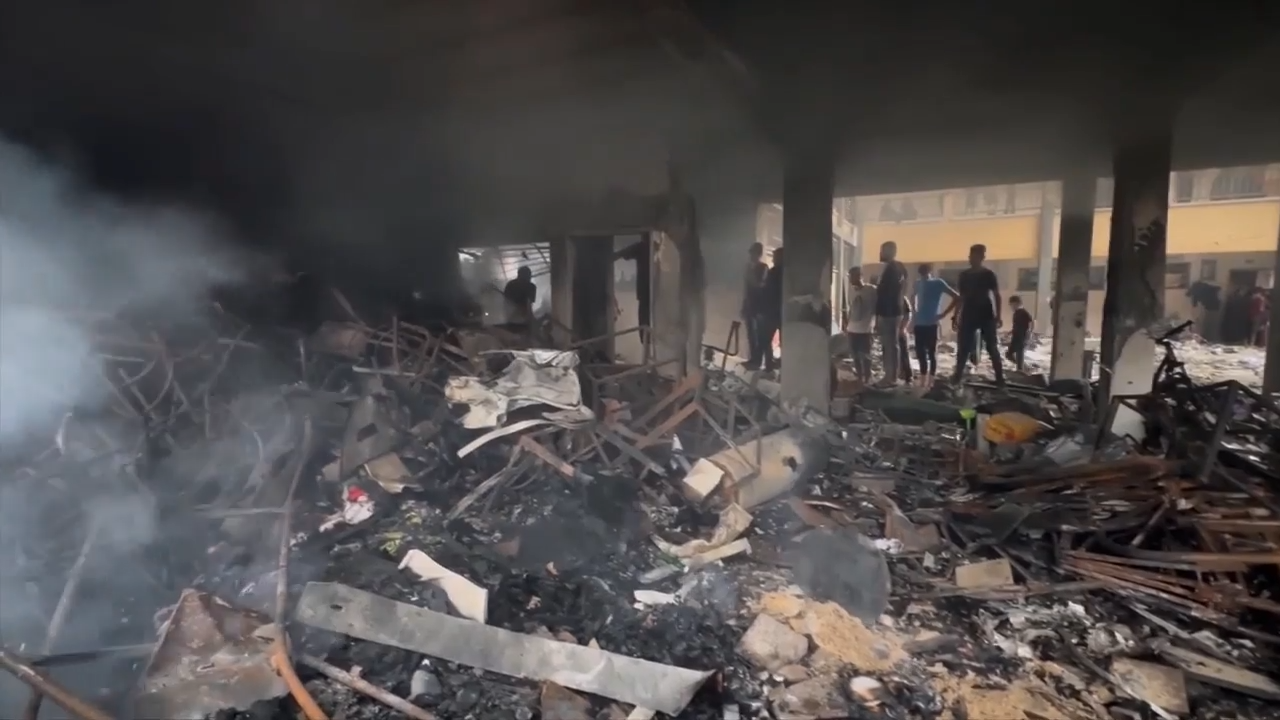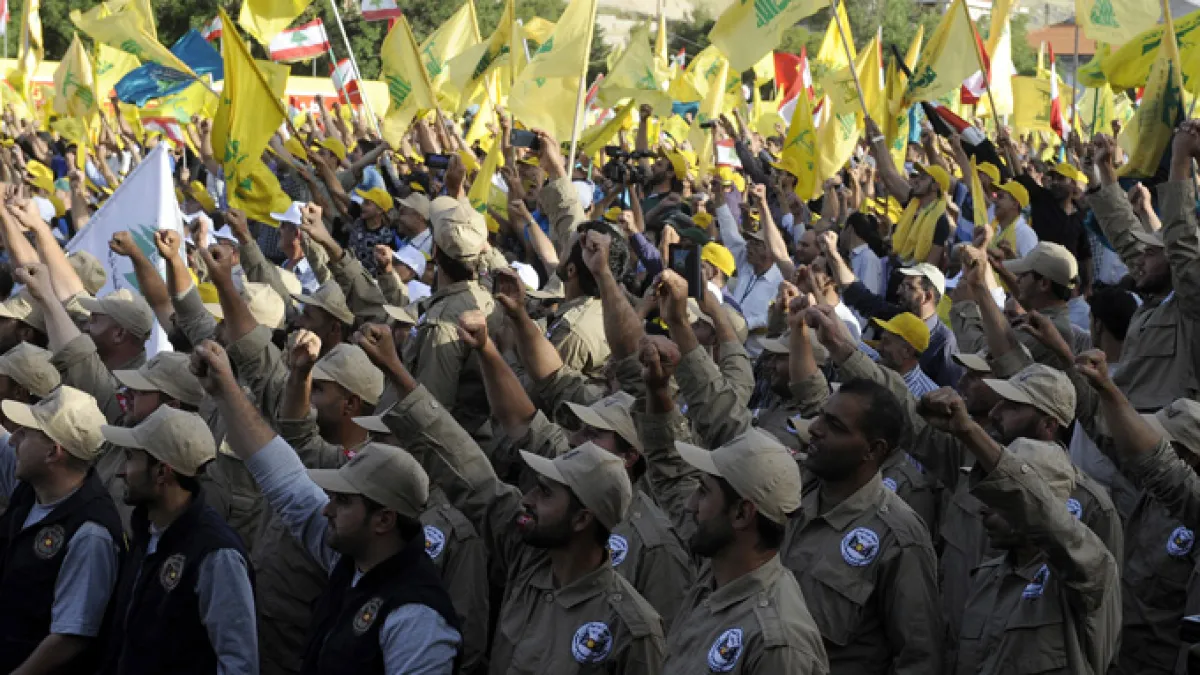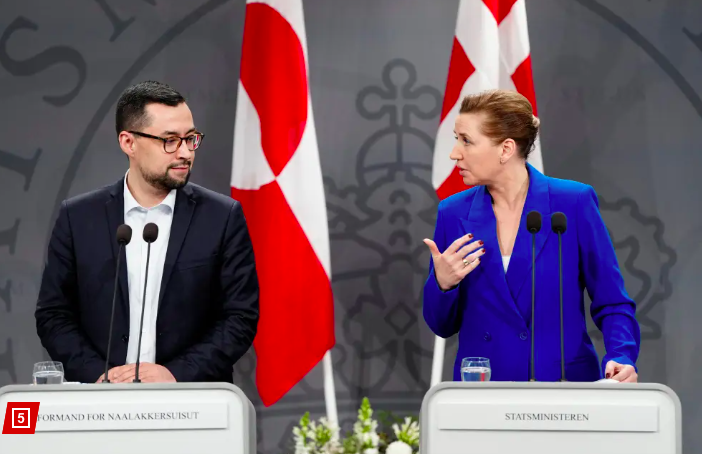Israeli airstrikes on November 9 killed dozens in northern Gaza and Lebanon, according to officials. Lebanon’s health ministry reported at least 20 deaths, including children, in Alamat, north of Beirut. Israel stated the strikes targeted Hamas infrastructure in Gaza and Hezbollah positions in Lebanon, following increased rocket attacks on its northern regions.
Defense Minister Yoav Gallant defended the actions, saying Israel “will dismantle terror networks wherever they operate.” Lebanese Prime Minister Najib Mikati condemned the strikes, warning of broader destabilization. “This aggression risks spiraling into a wider conflict,” he said.
The United Nations has called for restraint, emphasizing that the loss of civilian lives is unacceptable. Secretary-General António Guterres urged all sides to de-escalate, stating, “Dialogue must replace violence to avoid catastrophic consequences.”
The strikes exacerbate an already dire humanitarian situation in Gaza, where hospitals face severe shortages of medical supplies. The International Red Cross warned of a looming catastrophe, citing dwindling food, water, and medicine.
In Lebanon, Hezbollah vowed retaliation, raising concerns of a prolonged conflict along Israel’s northern border. Analysts fear the clashes could draw in regional actors, including Iran, and further complicate diplomatic efforts.
U.S. officials reiterated support for Israel’s self-defense but urged restraint to prevent further civilian casualties. Meanwhile, European nations pushed for an immediate ceasefire and a return to peace talks.
The escalating violence threatens to derail ongoing U.S.-led normalization efforts between Israel and Arab nations. Analysts warn that these developments could undermine years of diplomatic progress.
As tensions rise, civilians in both Israel and Gaza face mounting fears. Calls for international mediation intensify, but with no end to the conflict in sight, hopes for stability remain tenuous.



